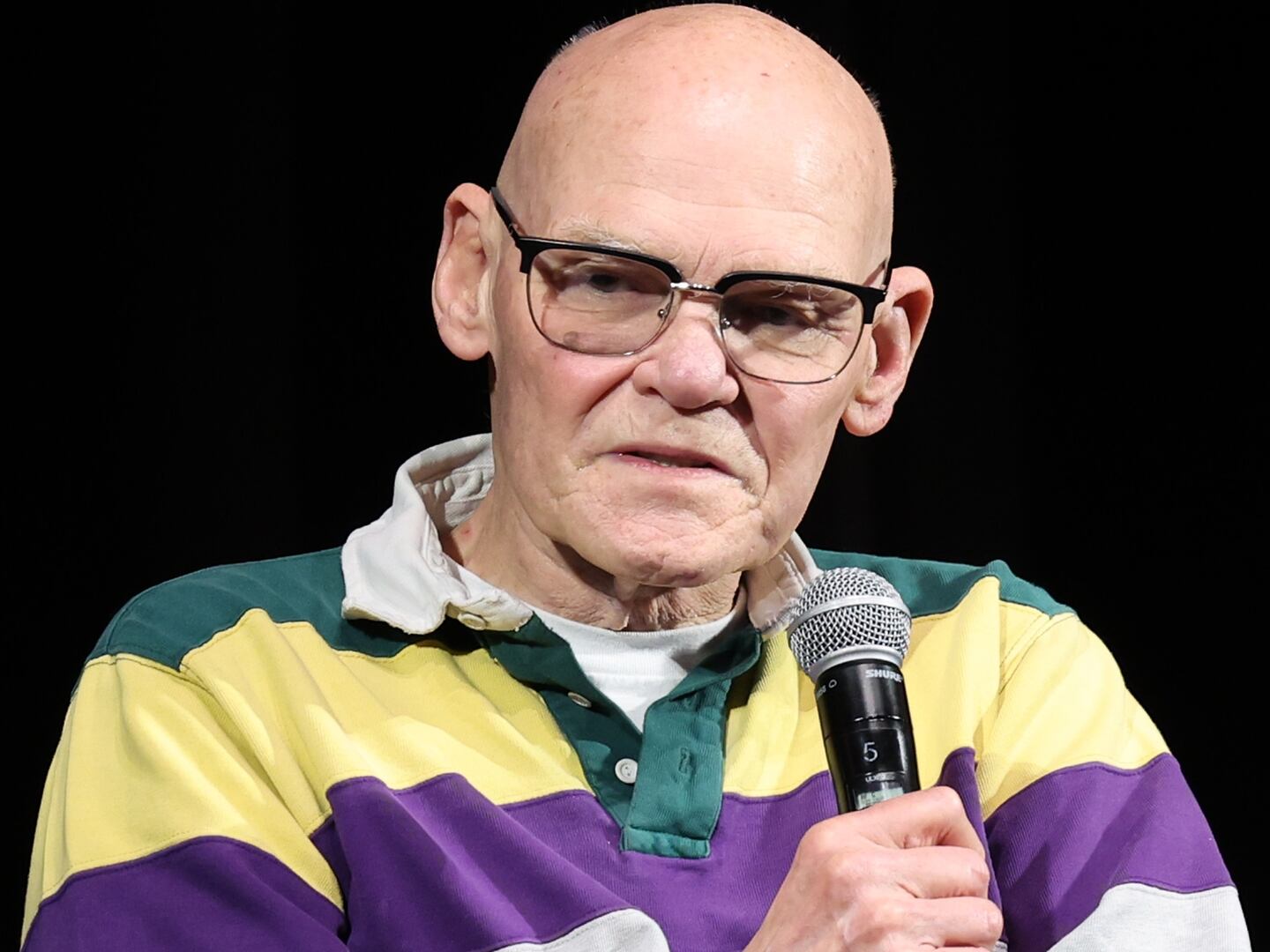Politics
Photo Illustration by Lyne Lucien/The Daily Beast
Our Health Care Programs Are Being Held Hostage as Congress Fights Over Funding
‘A Tragedy’
‘It’s a horrible idea, incredibly mean-spirited. It shows you just how soulless the Republican Party has become.’
opinion

Trending Now





